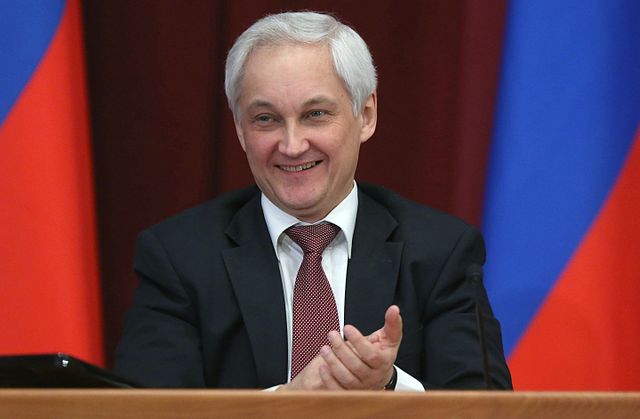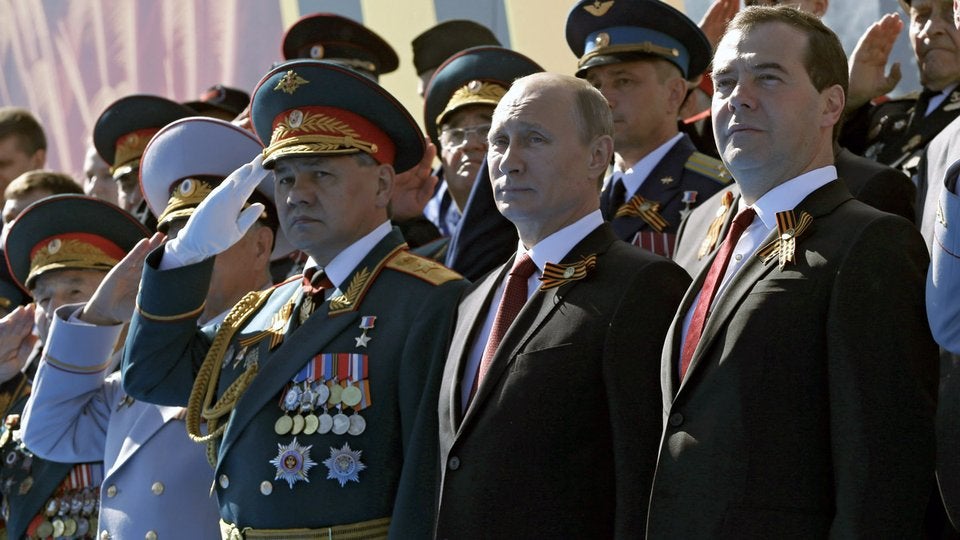Shoigu’s New Post – Reshuffle In The Russian MoD
The War in Ukraine has certainly outlasted the Russian Ministry of Defense’s expectations with the so-called 3-day-long special military operation continuing into its second year. Despite local victories, such as the ones in Bakhmut and spring 2023 and Avdiivka in February 2024, the Russians struggle with conducting a broader breakthrough of the Ukrainian lines and suffer huge material losses in the process.
In recent days Sergei Shoigu has been moved from the post of Minister of Defense and has replaced Nikolai Patrushev as the Secretary of the Security Council of the Russian Federation. Seemingly avoiding becoming a scapegoat for the Russian armed froces’ underachievement this sideways move can be seen as a demotion but does not drop Shoigu from Putin’s inner circle. Having been in place since 2012, the removal of Shoigu may now allow for changes in the long-term functioning of the Ministry of Defense.
Shoigu proved himself to be a trustworthy associate of Putin. Despite his lack of military experience and background, having training in civil engineering and previously been Minister of Emergency Situations, Shoigu received a promotion to general from Putin without a prior military career or education and replaced General Serdiukov who was involved in a corruption affair.

Russia’s newly appointed Minister of Defense, Andrey Belousov, also has no previous military background. He is an academic economist and civil servant with a considerable background in the area of public entrepreneurship. According to Politico the role of Belousov is to prepare the army economically and fiscally to outlive the Ukrainian Armed Forces and prepare Kremlin’s forces for many years of conflict. His competencies may be a backbone for the remodelling of the Russian military industrial complex with the aim of increasing capacity and longevity. This would sit in line with the newly adopted model of a total economic war waged between Moscow and Kyiv. The side that is able to endure sustained losses and outlast the other will succeed long-term – eventually.
The introduction of Belusov to the post of Minister of Defense could be read as a statement of intent and considered a dangerous occurrence for Ukraine and the West. Although it is too early to draw further conclusions, this move by the Kremlin may signal the beginning of a longterm and potentially limitless arms race between Russia and NATO, which might indicate a slow Russian preparation for an impeding conflict with the West in the future.

